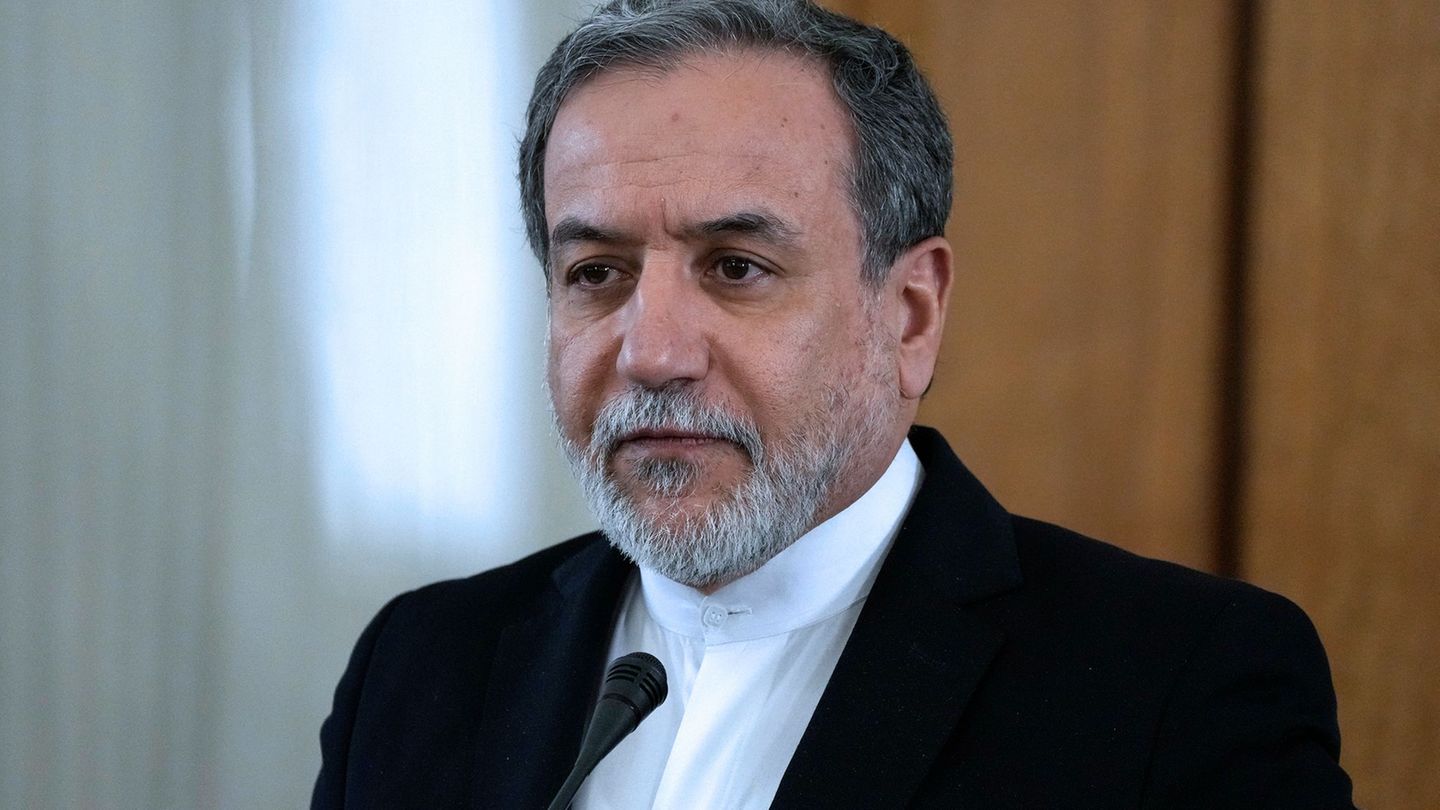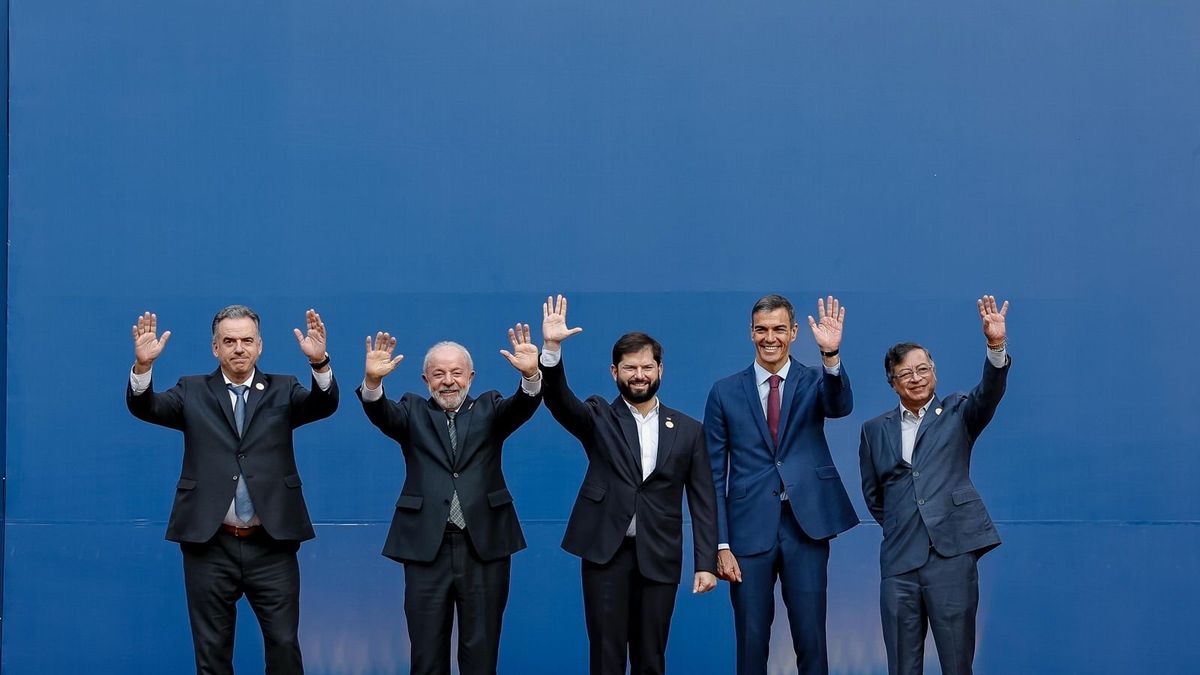In a meeting with the Secretary of Bioeconomy, the wine producing companies presented the demands of the sector and their development plan.
In the first official meeting that the Government with the producing sector winesthe scope of the Omnibus Law entered the debate: members of the board of directors of the Argentine Wine Corporation (COVIAR) They celebrated the desire for dialogue but presented their rejection of the imposition of 8% in concept of export withholdingswhich at this time do not exist for the sector.
The content you want to access is exclusive to subscribers.
The meeting was attended by the Secretary of Bioeconomy of the Nation, Fernando Vilellaand leaders of the COVIARin addition to Gustavo Fernandez (Minister of Production San Juan), Rodolfo Vargas Arizu (Minister of Productionand Mendoza), Jose Molina (President of the Chamber of Wine Producers of San Juan) and Fernando Morales (President of the Chamber of Mosto). The Government committed to encouraging exports and opened a work agenda and exchange of technical studies.


The main agenda item was the development of the Wine Strategic Plan 2023which provides for public-private coordination, the promotion of wine tourismthe continuity of the program Proviar II and working together against Lobesia Botrana. Regarding the implementation of the withholdingsin the last week COVIAR considered that the decision violates the Argentine competitiveness in it external trade and that implies “loss of added value” and reduction of “direct and indirect jobs“. At the meeting they ratified their rejection of the measure.
COVIAR Secretary of Bioeconomy.jpeg

COVIAR businessmen together with provincial and national Production officials.
President of COVIAR: “We believe in the fight we must fight in Congress”
Mario Gonzalezpresident of the COVIARgave details of the meeting that the leadership of the sector had with Fernando Vilellawhich he defined as a “positive meeting because it shares the guidelines of work in the long term and grow exports“. In that sense, he explained that the official was informed of the scope of the “Wine Strategic Plan 2030. It is a project that we work on and execute in the long term with COVIAR“.
However, Gonzalez expressed concern about “increase in export duties“included within the Omnibus Lawsince it violates “one of our strategic axes, which is to promote and increase our sales abroad to encourage external trade of Argentine wine“. “The view is shared that it is a tax that should not exist but today there is a vocation to lower the fiscal deficit and it has this functionality,” he explained.
“We demonstrate and understand that it is a distortionary tax to our chain,” said the president of COVIAR regarding withholdings and pointed to the Legislative power: “We still believe in the fight we must fight in the National Congress; We have to give it to the legislators of the wine provinces“We hope to turn this situation around and be able to return to the zero that winegrowing fought so hard to achieve,” he concluded.
Argentina: wine production fell 23% in one year
The World production of came fell in 2023 to its lowest level in six decades due to a succession of frosts, droughts and rains floods, with significant declines in South America and Spain, according to an estimate by the International Organization of Vine and Wine (OIV) published this Tuesday.
He overall volume It fell 7% in 2023 compared to last year. France kept its production stable and is once again the largest producer in the world in volume, ahead of Italy, where production fell 12% compared to 2022, and Spain (-14%). Production fell sharply in Chile, the leading producer in the southern hemisphere (-20%), and in Brazil (-30%), according to the first estimates from the OIV for 2023.
Also affected by spring frosts and hailstorms, Argentine wine production it only reached 8.8 million hectoliters (-23%). This represents one of the lowest volumes recorded in its history.
Source: Ambito




